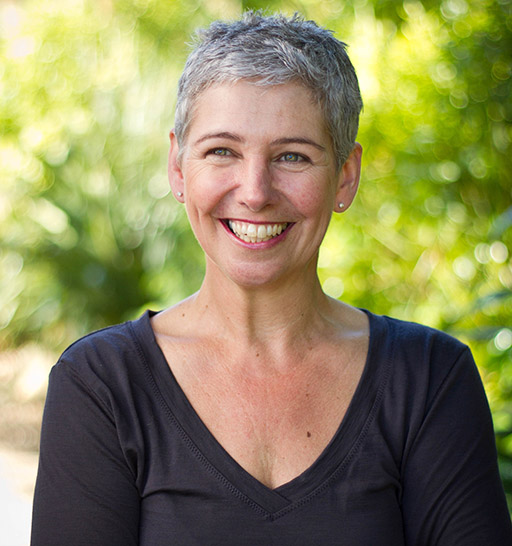
Carole, graduated from Withington Hospital, Manchester, UK in 1984.
She has worked as a Physiotherapist in field of Neurology and Older Persons Services for 35 years both in the UK and then in 1995 she emigrated to New Zealand. She worked within a large Multidisciplinary Team environment for Capital & Coast DHB in Inpatient, Outpatient and Community settings in the Wellington Region.
In 2004 she identified a need to provide highly customised physiotherapy services to people seeking very special help to address their rehabilitation needs and formed her own company, Third Age Physiotherapy.
She provides physiotherapy services to private clients, several health care organisations including private nursing homes & the Stroke Foundation. She also provides assessments & rehabilitation services to ACC clients.
Carole supervises a number of physiotherapists in the Wellington area and is treasurer of the PNZ Neurology Special Interest Group
To ensure the service she provides is clinically relevant she continually invests in professional development by attending, teaching and participating in relevant national and international training courses and conferences:
Assessment and Treatment of Vestibular Disorders - Vestibular Rehabilitation
- 2.5-day International Conference of Vestibular Rehabilitation in Chicago 2018.
- Regular attendance at the Annual Neuro-Otological Society of Australia Clinical & Scientific meetings and The New Zealand Society of Balance Dizziness and Vertigo Inc meetings.
- 2-day Pediatric Vestibular Rehabilitation R M Rine 2016
- 3-day Cervico Genic Dizziness – Rob Landal 2015
- 2-day Advanced Vestibular Rehab Course – Susan Whitney 2015
- 4-day Barany conference in Buenos Aires in 2014
- Advanced Competency Course 2007 Emory University, Atlanta, Georgia USA
Vestibular Rehab 3.5-day
- 5 day Certified Vestibular Rebab Competency Course 2004
- Introductory Course- Susan Herman & Ronald Tusa 2000
Additionally, to help deal with the complex issues so many vestibular patients experience:
- 2 day-Cognitive Behavioural therapy and other strategies for chronic pain management- Bronwyn Thompson, 2012
- Bradcliff Method Registered Practitioner since 2017
- 2 day - Explain Pain – David Butler 2015
Additionally :
Treatment for Parkinsons - LSVT Big
- Certified to Administer LSVT BIG since 2012
Treatment for stroke and brain injury - Neurology
- Bobath and advanced Bobath trained physiotherapist.
- Certified Odstock Food Drop clinician.
- MS Get a head start Qualified Instructor 2019
- Accredited provider for MS Get a Head Start – Online course training and 3 day course 2019 -Gilly Davy




